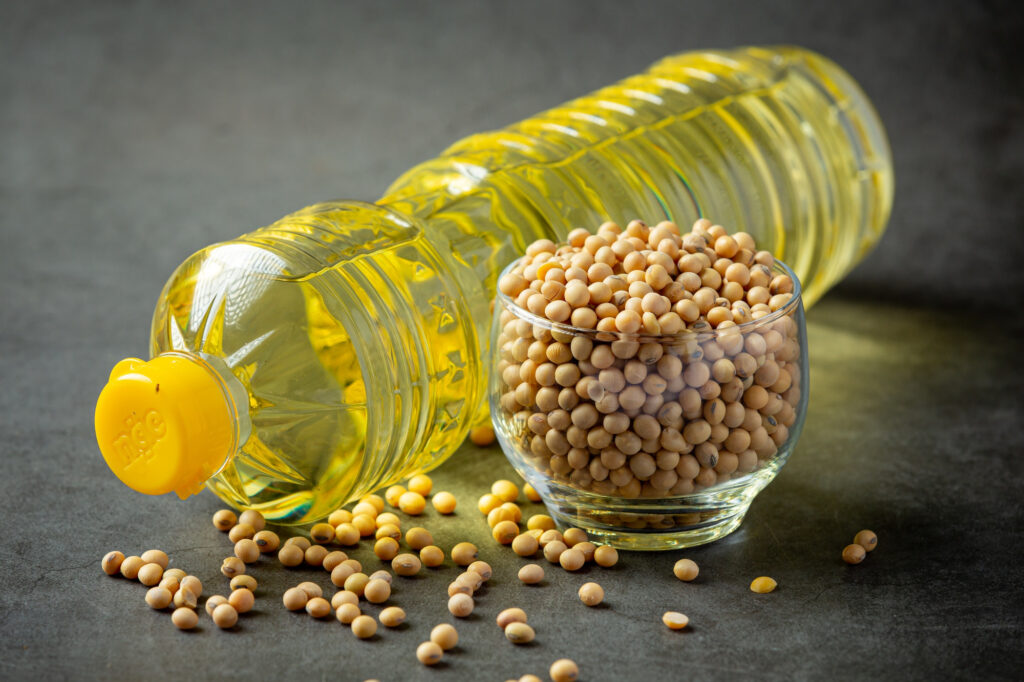The Risks Of Refined Cooking Oils: Free Radicals And Inflammation
Dr. Chetan Kalal, Consultant Hepatologist and Transplant Physician at Saifee Hospital Cooking oils are a staple in Indian households, celebrated for adding flavour to every dish, from a simple dal to the most elaborate biryani. But as the use of refined vegetable oils increases, so do concerns about their impact on health. While advertising campaigns often label them as “healthy” or “heart-friendly,” science tells a more nuanced story. Refined oils undergo heavy processing to improve their shelf life, remove impurities, and make them suitable for high-temperature cooking. This process involves bleaching, deodorizing, and using chemical solvents, often stripping the oil of its natural nutrients and antioxidants. Instead of delivering health benefits, they can produce harmful byproducts that pose risks to human health. Health Risks Of Refined Oils Research in The American Journal of Clinical Nutrition says that diets high in edible vegetable oils are associated with increased oxidative stress and inflammation (two major drivers of chronic diseases). Moreover, a study from the Indian Journal of Medical Research links the consumption of reheated cooking oil to a higher incidence of insulin resistance and type 2 diabetes in urban Indian populations. Generation of Free Radicals: During high-heat cooking, refined vegetable oils can oxidize and release free radicals (unstable molecules that damage cells and contribute to inflammation). Chronic inflammation is a known precursor to diseases like cancer, diabetes, and heart disease. Says Dr. Chetan Kalal, Consultant Hepatologist and Transplant Physician at Saifee Hospital, “Reheating oils generates free radicals and trans fats, which are strongly associated with cancer risk.” Trans Fats and Cardiovascular Health: Reheating and reusing oils (a common practice in Indian households) can produce trans fats. These fats not only increase bad cholesterol (LDL) but also lower good cholesterol (HDL), raising the risk of heart disease and stroke. A study published in the Journal of Food Science, highlights how repeated heating worsens the oil’s nutritional profile, creating compounds linked to arterial damage. Obesity and High Caloric Content: Refined oils are calorie-dense and provide little nutritional value. Excessive consumption contributes to weight gain, a significant risk factor for metabolic disorders. Dr. Chetan Kalal advises, “Reduce overall oil consumption to lower calorie intake and inflammation.” Potential Endocrine Disruption: Some refined oils contain trace amounts of chemical solvents like hexane, which are used during processing. These chemicals can interfere with hormonal balance and may contribute to conditions like PCOS and thyroid disorders. How To Cook Safely Opt for Cold-Pressed Oils: Cold-pressed oils like extra virgin olive oil, sesame oil or coconut oil retain their natural nutrients and antioxidants. They are less processed and ideal for low to medium-heat cooking. Minimize High-Heat Cooking: Dr. Kalal suggests, “Opt for steaming, grilling, or sautéing to reduce harmful byproducts.” Switching cooking methods reduces the need for high-temperature oils and minimizes harmful compounds. Limit Oil Use: The simplest change you can make is reducing your overall oil consumption. Use non-stick cookware, measure your oil intake and explore oil-free cooking techniques. Incorporate Anti-Inflammatory Foods: To counteract the effects of free radicals, focus on anti-inflammatory foods like turmeric, ginger, garlic, and leafy greens. These ingredients not only enhance flavour but also provide protection against oxidative stress. As Dr. Chetan Kalal points out, “That switch to ‘healthier oils’ might be the quickest fix, but the real challenge is lessening dependence on oil altogether.” A more sustainable solution lies in shifting to a balanced diet rich in whole grains, fresh vegetables, fruits, nuts and seeds. This approach not only lowers the risks associated with refined oils but also promotes overall health. The risks of free radicals, trans fats, and other harmful byproducts call for a critical reassessment of how we use oil in our daily lives.
The Risks Of Refined Cooking Oils: Free Radicals And Inflammation Read More »


